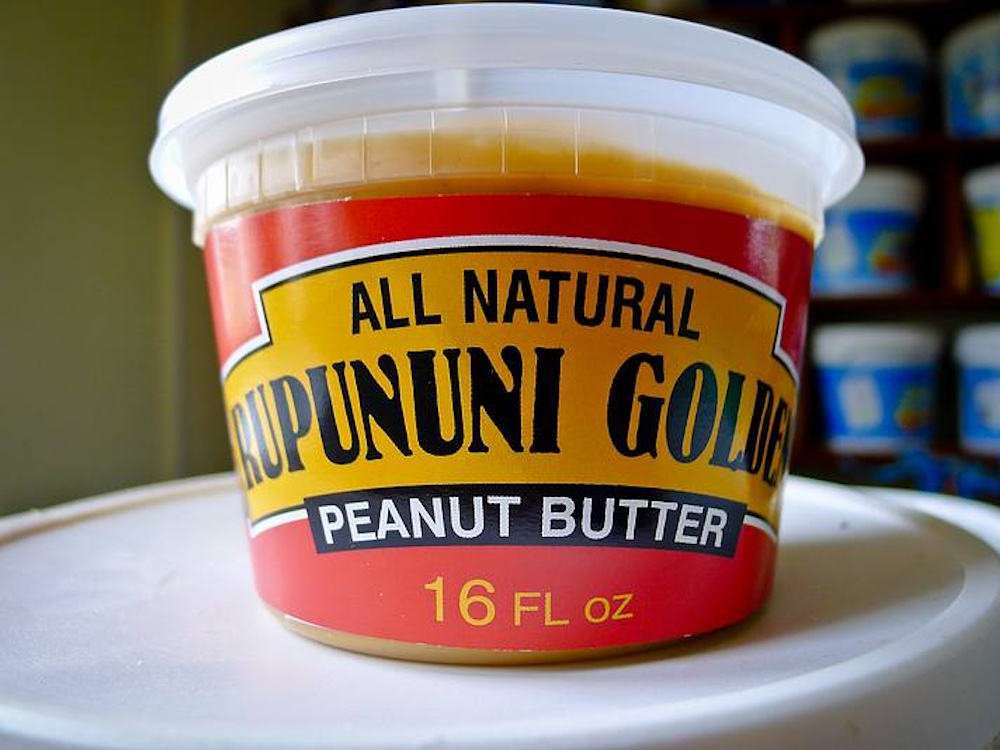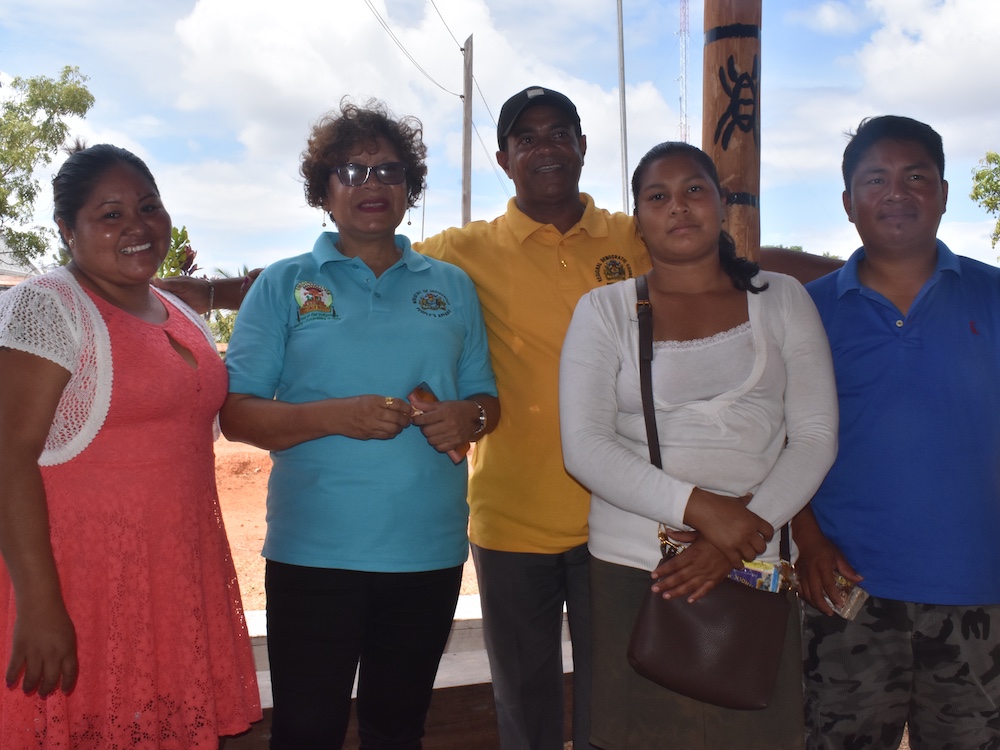Community tourism in the North Rupununi means that your tourism dollars go directly into the communities to assist with development and conservation in the region. All communities own their own lands and manage and administer their own communities through their elected Village Councils, so tourists can be assured that their visits are making a difference.
The Surama community has identified eco-tourism as a sustainable use of their land. It means employment at home, rather than the men and young leaving to mine or cut timber in other parts of Guyana.
Surama and Wilderness Explorers have developed a strategic alliance that fosters the development of eco-tourism in the community. All tours of Surama are managed and operated solely by the Makushi People. Wilderness Explorer provides some administration, sales, and marketing skills in support of Surama. Apart from the direct employment from eco-tourism, the community also benefits from the purchase of local produce and cultural shows, and a portion of this from every tour goes to a village fund which is used for community development projects

Launched in 2005, the Aranaputa peanut butter factory is a locally-run cooperative, supplying its product to families, schools and lodges across the Rupununi, while providing employment for workers from the surrounding villages. Around 700 acres of Rupununi farmlands are dedicated to peanut cultivation.

100% organic eco-friendly beauty products are an alternative means of livelihood for Amerindian women across the Rupununi. When you buy these products you are ensuring the conservation and preservation of the rain forests and you will be leaving a light carbon footprint for the next generation! Soaps which are handmade by the Patamona tribe of the Guyana in the deep Amazon jungle using the oil of the Crabwood tree infusing a secret recipe over 7000 years old. (<a href="https://surama.com">see 2014 article in the Stabroek News</a>)